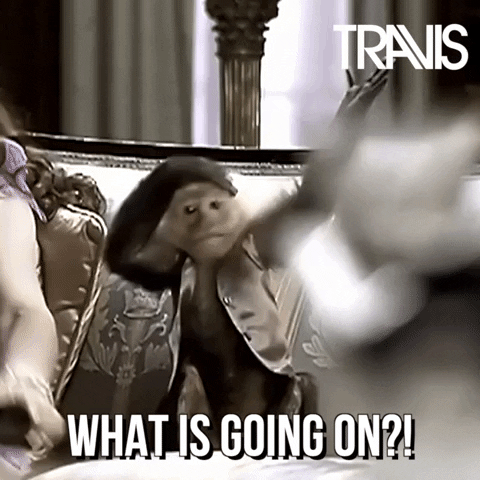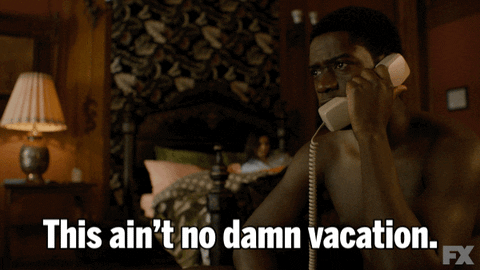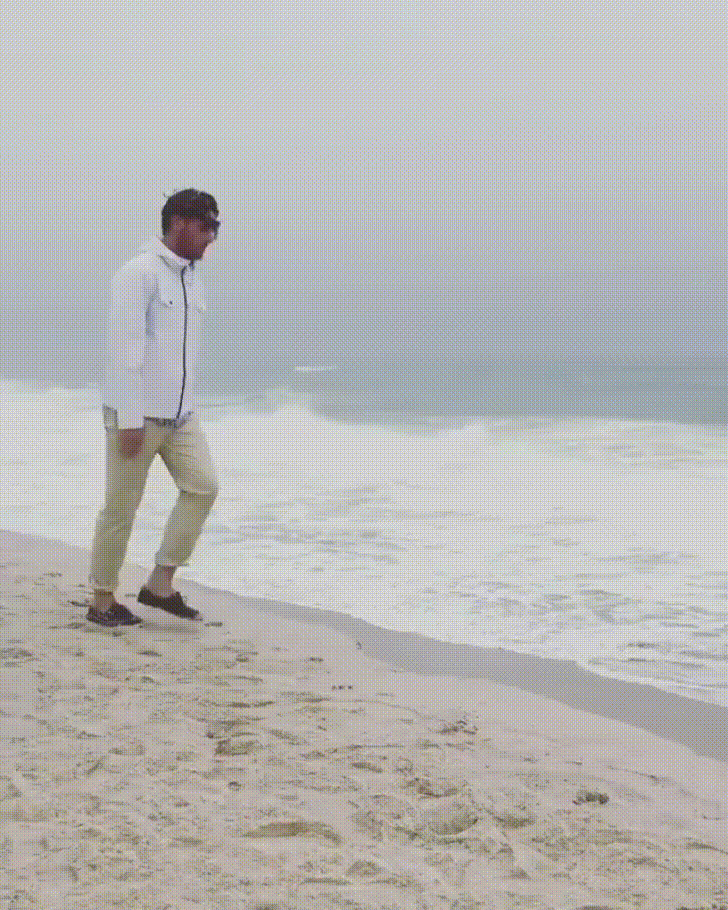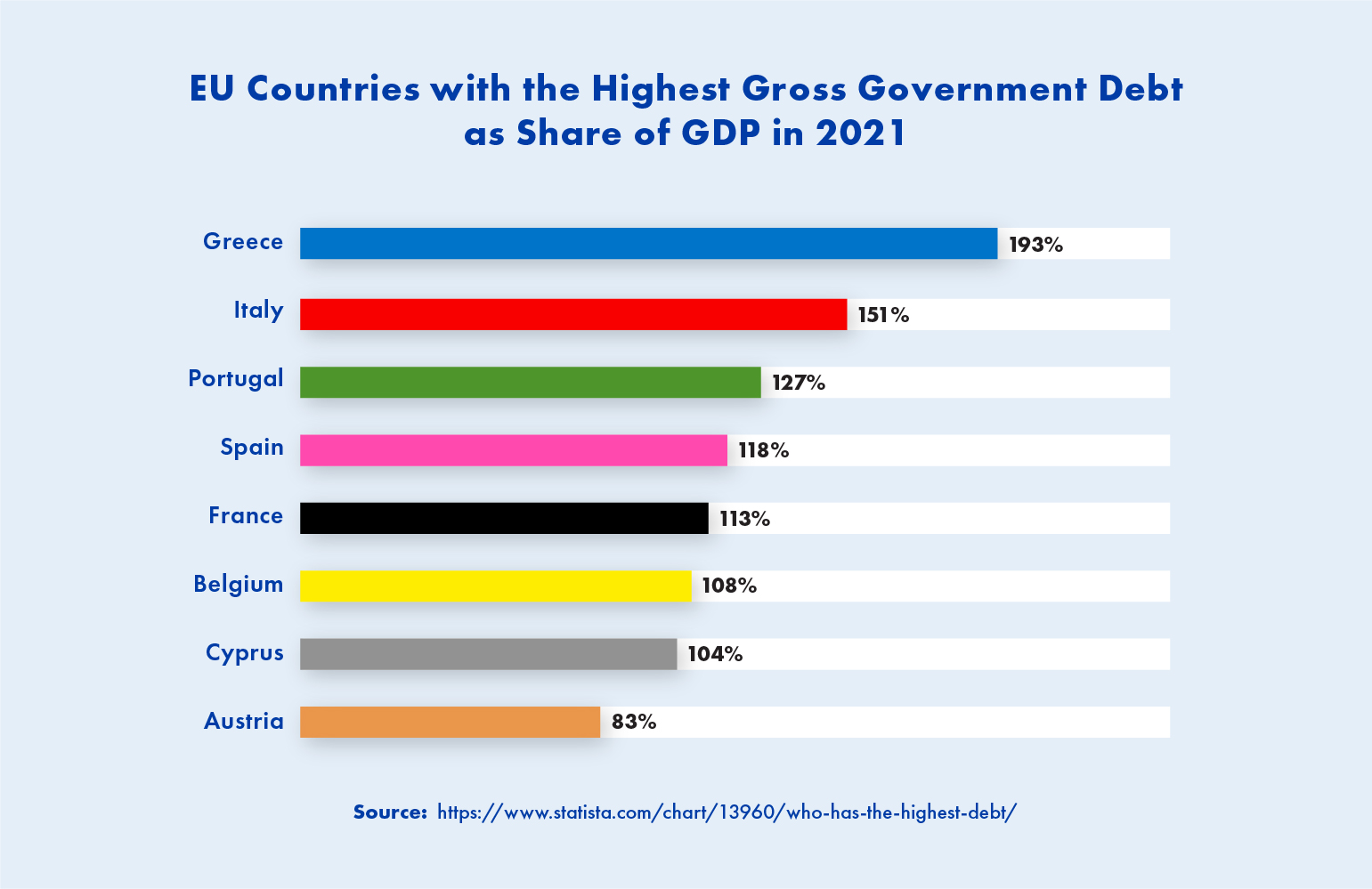Issue #95
Guten Morgen!
Welcome to another edition of the Krautshell! This week, Max takes a critical look at Germany’s energy policy priorities ahead of a gas-starved winter, arguing that the government’s refusal to consider nuclear is harming the country’s interests. Our main articles discuss what Prime Minister Draghi’s possible ouster could mean for Italy and Europe, an awful German party song you should definitely (not) listen to, and the ongoing court dispute between Brussels and Budapest. Finally, read Anna’s WOOM for a serious case of the “summer blues”. Have a great weekend!


Anna Christian
FIRST, SOME SOLID INTEL:
What Draghi’s Troubles Spell for Italy and Europe
Here we go again. Much as we hoped to spare you any more Italian political drama for a couple of weeks, the latest story could have serious consequences for the whole of Europe. Following a spat with the coalition Five Star Movement (M5S), Prime Minister Mario Draghi appears to be on his way out, leaving both Italy and Europe in a tight spot. Draghi had previously elevated a parliamentary vote on his economic aid package to a vote of confidence in his government, and tendered his resignation after M5S refused to go along. No matter that the Aid Decree passed the Senate with a large majority; according to Draghi, the “national unity coalition that backed this government no longer exists”. While Italian President Sergio Mattarella refused his resignation and called for a formal vote of confidence next Wednesday, Draghi’s political fate hangs in the balance, posing important questions for the future of Italy and Europe as a whole.
Should M5S and the right-wing League blow up the government next week, Italy faces economic and political uncertainty. Europe’s third-largest economy is also the Bloc’s largest debtor, and whatever the criticisms leveled against Draghi, he is widely regarded as a pillar of economic stability in turbulent times. Uncertainty is already causing bond yields to rise. Politically, the far right has agreed on a joint electoral approach and stands to win most in possible elections, with Georgia Meloni of the Eurosceptic Brothers of Italy a promising prime ministerial contender. Which brings us to Europe. With Macron battered at home and Scholz widely perceived as lackluster, the EU requires firm leadership of the kind Draghi has provided. It’s no surprise that a senator of the right-wing Forward Italy – normally no friend of Draghi’s – has warned that the prime minister’s ouster would lead to the “destabilization of Europe”. Much hangs in the balance, and we’ll be sure to keep you posted.
Welcome To Silly Season
It’s that time of year again: the political institutions are slowly but surely taking their well-deserved summer break. Yes, even politicians should take a vacation, otherwise things won’t get any better. However, the time of the political summer break is synonymous with the time of quasi-political pseudo-debates that no one is really interested in. Except, of course, an incited Twitter mob. And since I anticipate that you’re dying to know what the German Twitter mob thinks, because you certainly don’t have your own, here’s the full show of the German internet and beyond.
While a massive heat wave will grill us well-done next week, Germany is discussing artistic freedom. Okay, maybe a bit highfalutin – actually, it’s discussing the banning of the new party song “Layla” at a city festival in a German provincial town (or something like that). Unfortunately, we are not talking about the song by Eric Clapton, but by “DJ Robin”, who describes in the song a woman named Layla (surprise), who manages a brothel for a man and is allegedly “more beautiful, younger, hornier”. Granted, the song is really terrible. I’d give you the Spotify link, but I’m scared someone of you speaks German and unsubscribes us. Yes, we continue to be a land of high culture.
Otherwise, once again there has been a gender debate because a young biologist wanted to give a lecture about how there are only two sexes. The university canceled the lecture due to safety concerns, then the science community rebelled, then a replacement event was announced, and Twitter rebelled again. I’ll spare you the rest of the details.
What else? Someone must have told Chancellor Scholz (SPD) that he needs to get closer to the people and talk more. So, the chancellor is on summer tour, inviting also young people to talk to him (thoughts and prayers). Apparently, he even takes selfies. Hopefully someone will come, maybe he should sing party songs. And hopefully he has some sunscreen along.
We’re Going Back to Court
When the Russian war of aggression on Ukraine started, there was finally unity in the European Union for a while. People were pulling together, invoking common values, supporting each other. Countries like Poland and Hungary, often criticized for the state of their rule of law, suddenly seemed to move into the heart of the EU: they committed themselves to welcoming refugees, they became the EU’s important eastern flagship. Now that sober everyday life is back on the agenda, the conflicts arise again. And the focus is once again on Hungary.
A year ago, the Hungarian government introduced a new law that bans publications depicting non-heterosexual relationships that are accessible to children. It also bans advertising that portrays, for example, homosexuals or transsexuals as part of normality. This step prompted the EU Commission to initiate so-called infringement proceedings against the country of Prime Minister Viktor Orban already a year ago. In these proceedings, Hungary was unable to refute the accusations. The EU’s top rule-of-law-watchdog also does not like the fact that the government-dependent media authority has revoked the broadcasting license of the last remaining government-critical broadcast transmitter in Hungary.
So, what does that mean? It’s off to court again. The EU Commission has filed a complaint with the European Court of Justice. It can be expected that the European Court of Justice will agree with the EU Commission on at least some points and issue rulings accordingly. If Hungary does not comply with these rulings, it would have to pay high fines. So far, mostly a little effective threat. In any case, the relationship status of the EU with its Member States remains difficult.
TAKE A BREAK, GIVE YOUR EYES A REST.
THE HOUSE’S VIEW:
by Max
German Energy Policy Episode V: Reality Strikes Back
Friedrich Nietzsche, enfant terrible of German philosophy, wrote many unkind words about his countrymen. The best-known, “Täuschevolk”, referred to what he saw as Germans’ mercurial nature, swaying from one extreme to another, reasonable today and irrational tomorrow. Two sentences in, and you’re probably asking yourself if this is going to be a dive into the deep end of German philosophy, but fear not. Today’s House’s View will take a closer look at German energy policy (you guessed it?) and how the country’s current gas debacle is a result not only of the Ukraine war, but of policies and political attitudes many of our neighbors simply cannot wrap their heads around. Let’s get to it.
Reality Check
The reality is that Germany faces serious trouble. Earlier this week, Gazprom shut down the North Stream 1 gas pipeline through which Berlin receives practically all of its Russian gas and almost 40 percent of its total gas imports. This routine “maintenance work” – as the operators were quick to stress – has German policymakers in a panic, and with good reason. Should Russia’s President Putin decide to keep North Stream 1 offline following the scheduled ten-day maintenance period (as Gazprom has suggested), Germany would lose its main supplier of gas practically overnight and suffer dramatic shortages in the fall and winter. Federal Employers’ President Rainer Dulger has put it bluntly: “We face the greatest crisis this country has seen”. (He meant the the Federal Republic of Germany, presumably). In number terms, a study by the Bavarian Industry Association finds that a Russian gas cut-off could threaten more than five million jobs and result in a 12-percent drop in GDP. Meanwhile, some politicians are even calling for winter “warming halls” (Wärmehallen) to protect low-income citizens from freezing in their homes, something this country has not seen since the Berlin Blockade of 1948-49. One question looms above it all: How is this happening in a wealthy country so proud of its planning and foresight?
In 2011, then-Chancellor Merkel responded to the Fukushima nuclear disaster by committing to a gradual phase-out of Germany’s nuclear power plants, and as chance would have it, the remaining three are due to go offline in late December of this year. Considering that Isar 2, Emsland and Neckarwestheim 2 produce about 5 percent of Germany’s electricity, the timing is less than ideal. Add three nuclear plants that were shut down in late 2021 but remain potentially operational pending updated legislation, and around 13 percent of the country’s electricity requirements could be covered over the coming winter – freeing up much-needed gas to fuel German industry and private households. As Germany faces an unprecedented energy crisis this winter, it would be reasonable to assume that the country’s leaders are considering every option on the table. They aren’t.
Problem Solving, German Style
The governing majority of SPD, Greens and FDP last week quashed a motion by the opposition CDU/CSU to retain a backdoor nuclear option if worse comes to worst, pushing instead for increased production of coal. What’s more, the government seems unwilling to even consider the idea. “Fake debate”, is how several coalition representatives have responded to concerns that shutting down nuclear during an energy crisis may not be the brightest idea. Instead, appeals to save energy: “What really helps now are measures to reduce energy consumption and increase energy efficiency”, according to Green Parliamentary Group leader Katharina Dröge (in German). With gas prices likely to more than triple by 2023, most families will have no choice. But will that be enough? And does the government’s anti-nuclear stance justify forcing low-income households to freeze in their homes this winter?
The House’s View: Get Real, Germany
The creeping suspicion is that Germany’s energy policies are increasingly detached from reality. While the EU Taxonomy labels nuclear investments “green” and even neighboring countries such as the Netherlands are asking Germany to maintain its nuclear plants in the current crisis, the German government – elected on a climate protection platform – last week created the legal framework to expand production of …coal. Climate change is a serious issue that requires serious commitment. The obstinate pursuit of a nuclear shutdown flies against both facts and reason. Fact: The more electricity produced by nuclear, the more gas reserves to heat households and industry. Reason: Is it reasonable to claim – as the government has done – that nuclear power plants which are safe enough to run today pose a security risk tomorrow (the Association for Technical Inspection (in German) just certified the safe and feasible operation of the Isar 2 plant beyond 2022)? Moreover, 61 percent of Germans support the continued operation of the three remaining nuclear power stations. Concerned citizens should embrace Germany’s efforts to reach carbon neutrality and combat the effects of man-made climate change, but sacrificing ordinary citizens’ welfare on the altar of well-meaning but ultimately self-defeating anti-nuclear prejudice? A bit of pragmatism would suit our leaders well.
LONG STORY SHORT:
- Euro and EU Growth Projections Down: Not only has the Euro fallen to below parity with the dollar for the first time since 2002, but the Commission has adjusted EU growth projections significantly downward due to the energy supply situation and the war in Ukraine. While the EU economy is expected to grow by 2.7 percent this year, projections for 2023 are down to 1.5 percent (from 2.3 percent).
- Estonian Prime Minister Resigns (Sort of): Kaja Kallas, prime minister of the small Baltic state of Estonia, has announced her resignation following a rift with the Center Party, a left-leaning coalition partner. According to reports, she already has an agreement in place with the Social Democrats and a small conservative party to launch a new government. Estonia borders on Russia and the government has been a vocal supporter of Ukraine during the ongoing war.
- UK Supermarkets Put Security Tags on Cheddar: In the United Kingdom, rising inflation has resulted in a strange (and rather comical) development. The German discounter Aldi has taken to protecting its cheese selection with security tags usually reserved for alcohol. If Cheddar requires special protection in Britain, we should expect similar measures on Germany’s beer shelves soon…
WHAT’S ON OUR MINDS:
KILLING THE JOY
Another parliamentary year comes to an end, another summer break has begun. We are following the Berlin policy folks into 8 weeks of maybe not vacation, but at least some quiet time. Well, at least that was the norm until last year. This year, well, …

The headlines look grim: Germans being asked more and more urgently to save gas, while prices are predicted to rise threefold. Inflation reaching record highs. Food banks reporting record demand. Euro reaching dollar parity. Pretty remarkable Corona wave building up. Heat waves agonizing Europe. And, not to rank the doom day scenarios, but definitely the number one candidate: There is still a war raging in Europe, cities and civilians are still being bombed, a whole country, and soon enough a whole continent, is being held hostage for one man’s megalomania.

And the other number one aspirant: An airport chaos, preventing us to escape. I very much expect at least one extraordinary plenary session calling back the MPs from their summer vacations to vote on some pressing bills or authorizations, either because of the war, or the energy and gas situation, which is basically the same.

So, looking for a silver lining, as usual, in all of this, just this time, I didn’t find one. Sorry. We are still going on a summer break and will try to have a break from everything on some nice beaches, and maybe even enjoy it. If we manage to get there with all flights being canceled that is.
See you back in September. Probably.



